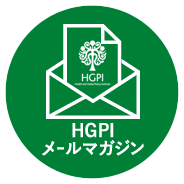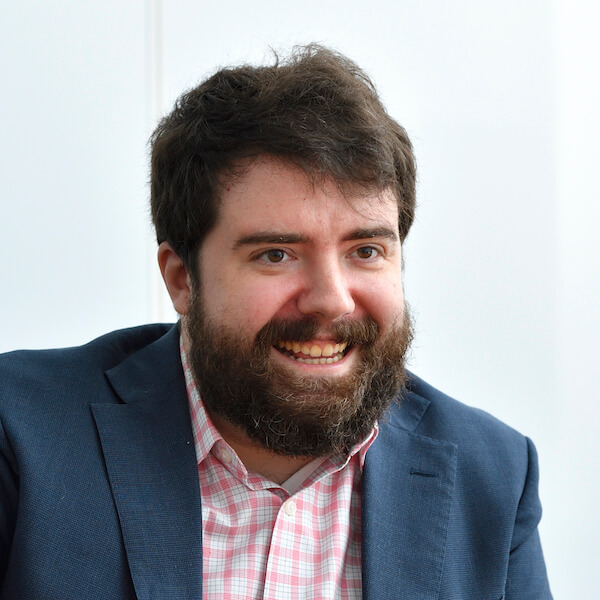
Published : 10/17/2022
Contributing to help save the world from antimicrobial-resistant infections
Coming to Japan after university for the challenge of it
My first experience with Japan was during high school back in the United States, my home country. Each student had to pick a foreign language to study, and the options were Spanish and Japanese. I chose Japanese without giving it much thought. So I originally did not have any particular interest in Japan or the Japanese language.
That changed when I started studying classical Japanese literature at university. Works like Tsurezuregusa and Hōjōki exposed me to the Japanese concept of impermanence, in which “everything is always changing and nothing stays the same.” I became fascinated with Japan.
I studied liberal arts in university, so unlike people who had studied sciences, I felt that I did not have any applicable job skills after graduation. So, to acquire job skills, I thought, “I should try the most difficult thing I can think of.” I’m the type of person who thinks like that. The most challenging thing I could think of was finding a job in Japan.
Somewhat recklessly, I moved to Japan in 2008 with only about 200,000 yen in savings. Through sheer luck, I managed to fulfill my dream of finding a job there. I just so happened to run into the president of a company that provided international business support. Realizing I couldn’t let the chance slip away, I sold myself hard and was able to secure a translation job.
My savings were just about to run out, so I was truly lucky.
Returned to the U.S. to study medical epidemiology and enrolling at Columbia University
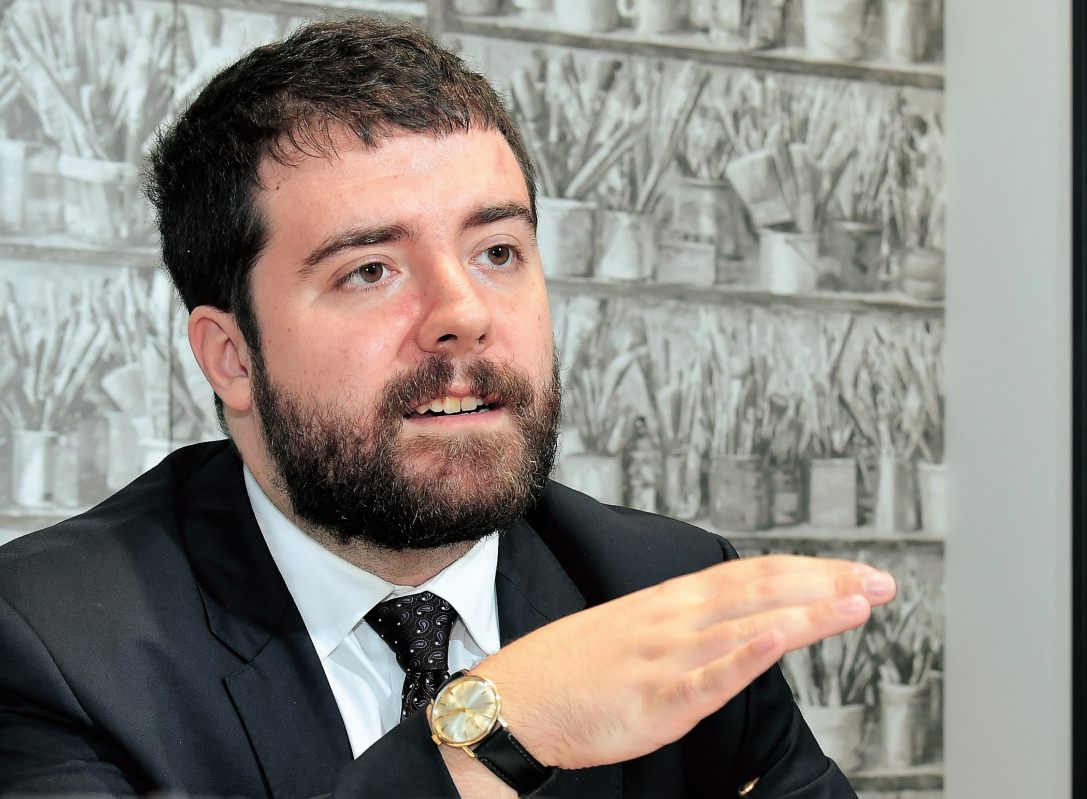
Most of my first two years in Japan were spent bidding on projects for the Government of Japan and translating press releases for central ministries like the Ministry of Foreign Affairs and Ministry of Defense. The truth is, when I was a child, I had dreamed of someday becoming a public servant or a novelist, so I found the work very enjoyable and rewarding.
Later, an increasing number of requests related to public health drew me toward the field of healthcare. Seeing the classification and validation work performed by the World Health Organization (WHO) for the International Classification of Diseases, 11th Revision (ICD-11) or the Japan Society for the Promotion of Science’s (JSPS) efforts related to the World Premier International Research Center (WPI) Initiative were great sources of inspiration. They made me want to do work that was more academic in nature, and more closely related to healthcare.
I always admired how people in the field of public health use evidence to construct arguments for policy reform. I realized that in order to do those kinds of jobs, I first had to learn how to work with numbers.
I decided to return to the U.S. to study medical epidemiology and acquire the skills I needed. In 2013, I enrolled in the Master of Public Health (MPH) program at Columbia University.
Returning to Japan to participate in creating health policy at HGPI
Two years later, in 2015, I completed my master’s degree and joined Genesis Research LLC in New Jersey as Senior Epidemiologist. There, I was involved in research on mental health and drug abuse in China. While the work was fulfilling, I moved back to Japan in 2018 and joined HGPI.
There were two main reasons behind that decision. The first was that I wanted to learn about the healthcare system in Japan. I was curious as to how Japan had been able to build such a solid healthcare infrastructure while the healthcare system in the U.S. was in a state of near-collapse.
The second reason was that it was my strong desire to see the results of epidemiological research reflected in policy. It was frustrating to see these results go ignored in real policy, no matter how many epidemiological studies were conducted or how many papers were published. Thinking, “I’ll just have to do it myself,” I decided to get involved in creating health policy that is based on research data.
While I was looking for a role related to health policy in Japan, a classmate at Columbia University introduced me to HGPI. I knew right away that it was the place I had been looking for and immediately decided to join.
Contributing to help save the world from antimicrobial-resistant infections
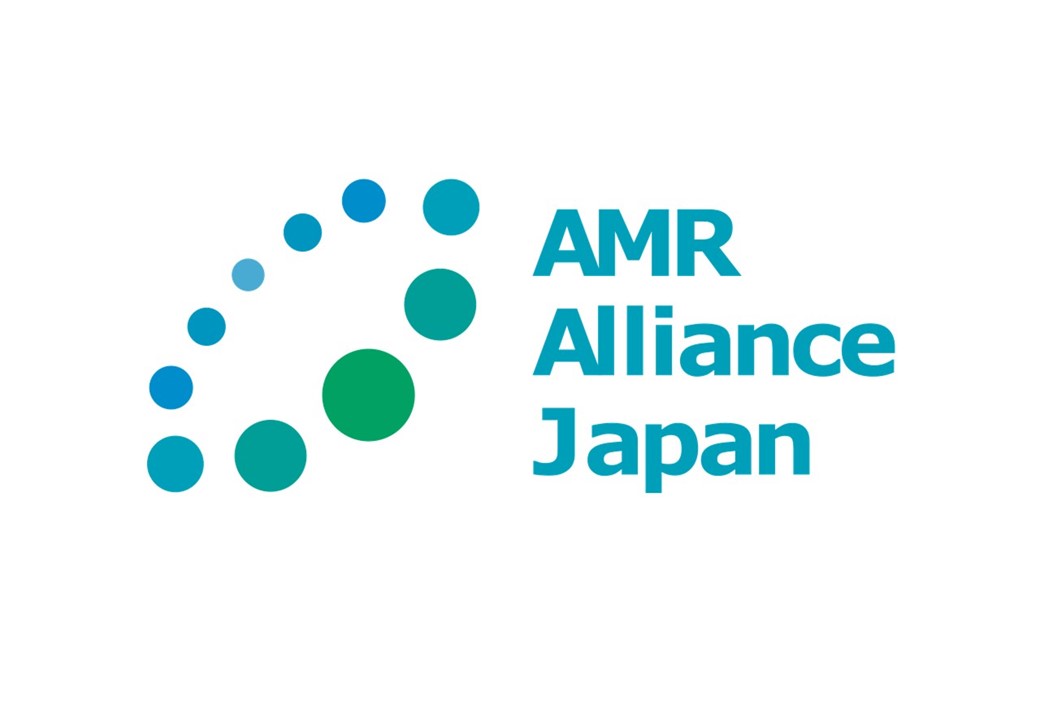 When I think back on my work at HGPI, what stands out the most is establishing AMR Alliance Japan and managing its secretariat at HGPI.
When I think back on my work at HGPI, what stands out the most is establishing AMR Alliance Japan and managing its secretariat at HGPI.
The process in which bacteria (pathogens) change due to the use of antimicrobials and lessen their effectiveness is called antimicrobial resistance, or AMR. When someone is infected by AMR bacteria, we cannot rely on the therapeutic effects of antimicrobials to treat them. In the most dire cases, these infections can result in death. The number of AMR bacteria in Japan and overseas continues to grow, and it is estimated that the number of annual global deaths due to AMR-related causes could rise up to as many as 10 million people by 2050. In light of this situation, the World Health Assembly endorsed the Global Action Plan on Antimicrobial Resistance in 2015, Japan created the National Action Plan on AMR in 2016, and various measures to combat AMR are now moving forward. AMR Alliance Japan was established in November 2018 to support that progress and to deepen discussions on even stronger measures. These discussions have been joined by organizations like infectious disease-related academic societies, pharmaceutical companies, medical device manufacturers, and civil society groups.
Organizing various groups representing different positions into an alliance to advocate for solutions on AMR from the Government was very exciting. While it was a small item, there was a time when our negotiations with the Government led to the creation of a certain policy. I feel like we were able to make some contribution to saving the world from AMR bacteria.
Uncommon mistakes provide uncommon opportunities to grow
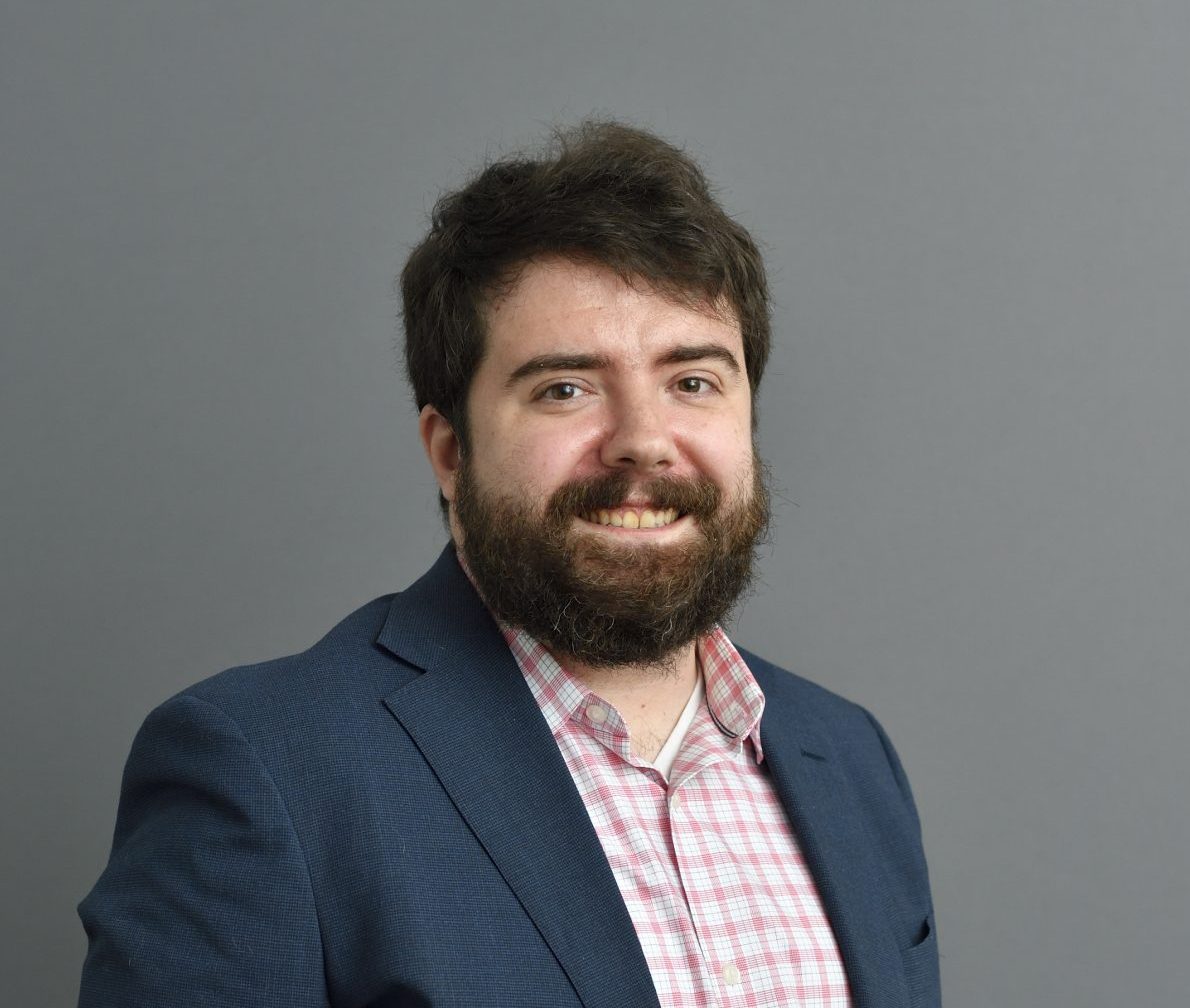 During my time at HGPI, I never encountered difficulties that occurred because of my nationality. There is of course no prejudice against non-Japanese people at HGPI, and it provides a comfortable working environment.
During my time at HGPI, I never encountered difficulties that occurred because of my nationality. There is of course no prejudice against non-Japanese people at HGPI, and it provides a comfortable working environment.
Language, however, was a challenge. Although I have studied Japanese for many years, there are still differences in Japanese rhetoric and communication styles compared to overseas, and I made many mistakes at HGPI. There were times I used improper Japanese or was unable to make my thoughts clear in front of Diet Members or other highly prominent members of society, and it was very upsetting.
But, failure is a part of growth. When we have the chance to experience an “uncommon” mistake, we also have an “uncommon” opportunity to grow. While relying on my supportive and accepting colleagues, through repeated mistakes, I was able to grow. HGPI is exactly the type of organization that provides people opportunities to make the errors they need to make in order to cultivate their abilities.
HGPI is open to anyone who is willing to rise to the challenges posed by themes in health policy, regardless of their country of origin. I would love to see people with various backgrounds come together at HGPI.
In the future, I want to link epidemiology and policy
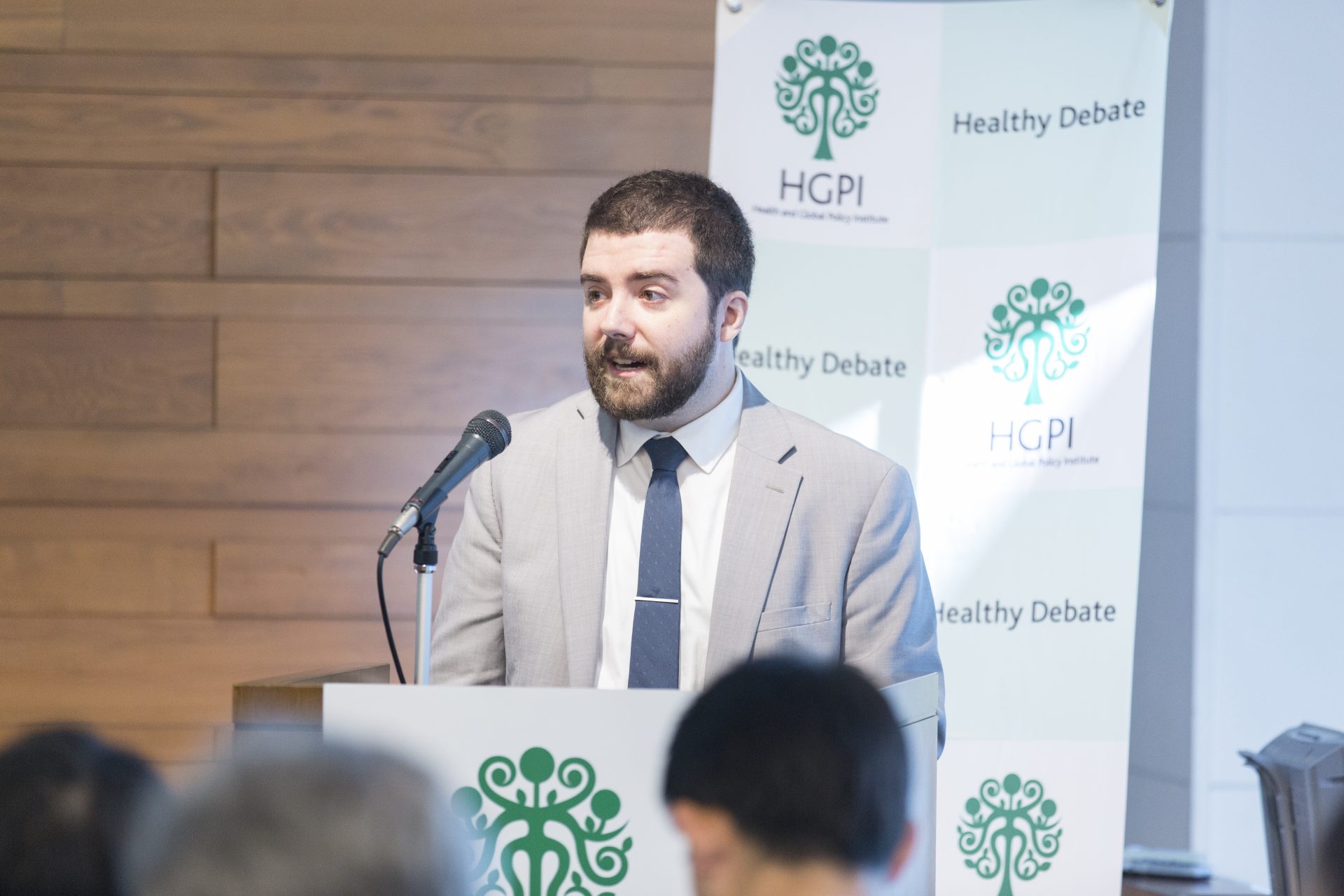 The truth is, by the time you are reading this article, I will no longer be at HGPI. I have moved back to the U.S. with my wife, who I met at Columbia University. Together, we are pursuing her dream of obtaining a doctorate in epidemiology.
The truth is, by the time you are reading this article, I will no longer be at HGPI. I have moved back to the U.S. with my wife, who I met at Columbia University. Together, we are pursuing her dream of obtaining a doctorate in epidemiology.
My wife and I have different dreams, and we have talked about taking turns in making them come true for each other. Four years ago, my wife moved to Japan with me so I could pursue my dream of working in health policy in Japan. Now, it is her turn to see her dream come true.
My past career path has taken me from epidemiology to policy, so in the U.S., I would like to once again work in the field of epidemiology and continue building my career there. Then, someday, I would like to serve in a role that links epidemiology and policy at an organization like the World Bank or the Organization for Economic Cooperation and Development (OECD).
However, before I can make that dream come true, I still have work to do between epidemiology and policy. Once my wife fulfills her dream, my turn will come next. When that time comes, I might return to Japan to join HGPI once again.

